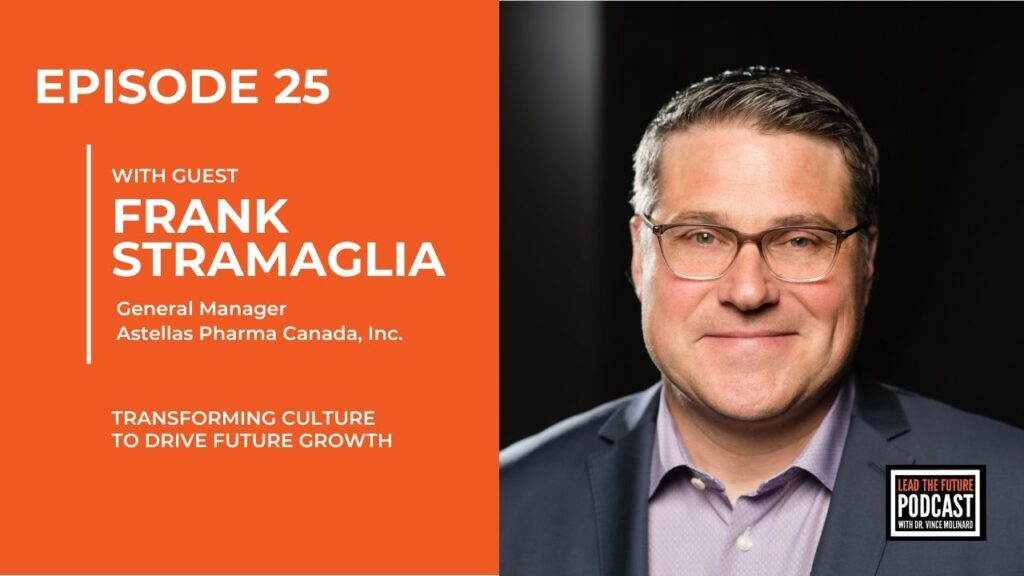Like so many around the world, I was shocked and deeply saddened by the news of the tragic deaths of iconic fashion designer Kate Spade and chef and world traveler extraordinaire, Anthony Bourdain. Their stories once again put a spotlight on the mental health struggles that many people face.
As I processed my own sadness over their deaths, I was reminded of a quote attributed to Ian Mac Laren: “Be kind, everyone you meet is fighting a hard battle.”
This quote struck a chord with me early in my career when I worked as a caseworker for a large public-sector organization. It was my first full-time job and I helped some of the neediest people in society get their lives back on track.
These individuals came to us for financial assistance, to access education and retraining programs, to take part in career development programs or to get help in finding a job.
As I got to know my clients and their personal stories, I quickly realized each of them faced immense personal struggles. Some came from poor families who couldn’t make ends meet. Others struggled with mental health issues. Some fought addictions. Others, mainly women, were in abusive relationships and trying desperately to start new lives on their own. There were also new immigrants who came to Canada to escape the violence and persecution in their home countries. There were some tough days hearing their stories.
When you learn about the gravity of the challenges faced by some people, you really start to appreciate the blessings in your own life. You also learn that what happened to many of these people could happen to anyone.
This same experience carried over to the next stages of my career, particularly as I began to take on leadership roles. I realized pretty quickly that even in professional environments, there are a lot of people trying to overcome a lot of personal challenges.
If you’re not looking for it, however, you may not be aware of the personal struggles that a colleague or direct report is experiencing.
This was made evident to me many years back when I was facilitating a twelve-week leadership development program. We had about 40 participants, and after each class we would gather at the hotel bar for continued conversation about leadership. While this was optional, the majority of participants took part.
One company had sent five leaders to the program. One of them, Paul, never stayed after the class. As soon as we were done, he bolted out the door. His coworkers were confused and didn’t understand his behavior.
At our very last class, Paul revealed that his wife was battling cancer. He didn’t know how much time he had with her, so every minute he could spend with her was extremely valuable.
Not only was his story shocking to all of us in the class, it became clear to me that none of his colleagues knew the burden he was carrying. Upon hearing his news, some colleagues were actually angry that he had not shared this information. They all cared about Paul and felt cheated of the opportunity to support him as he dealt with his wife’s poor health.
As leaders we need to know that, in addition to the pressures we face at work, we are all facing pressures and struggles in our personal lives as well.
To what extent are you aware of what your people are experiencing? How do you respond if you learn someone is dealing with a tough situation? Do you support them as best you can?
I believe these are some of the most important questions we need to ask ourselves as leaders today. When I started my career, there was a distinct division between one’s work life and one’s personal life. The two never really intersected.
Today, it’s a different story altogether. We no longer hire employees; we hire people who bring their whole lives into work. You must do your part to ensure that the culture of your organization encourages leaders to take an interest in the people they are leading, and help them when they need help. And remember to be kind as a leader.
Are you aware of the personal struggles of the people you lead?
Gut Check For Leaders








